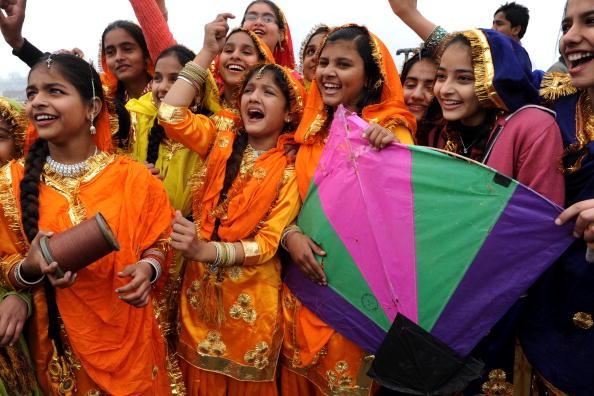Since ages, the spring season has been a symbolic of eternal hope, and the nature’s way to dispel darkness while paving the path for a new era of prosperity. In India the end of winter season celebrates the arrival of spring with the vibrant festival of Basant Panchami.
Basant means the spring and Panchami means the fifth day; the festival is celebrated on the fifth day of the Indian lunar month of “Magha,” which falls during January–February toward the close of winter season.
The celebrations stand out on their own as they seamlessly bring in the sunshine charm of the blooming nature, while gradually taking away the harshness of the cold winters.
According to some Indian traditions and customs, Basant Panchami is considered as the most auspicious day to begin one’s education journey, thus pre-school children are often given their first lesson in reading or writing on this day.
With the cheerful festivities, a refreshing change is felt effortlessly in the air as trees take on a new leaves and blooms with the onset of the new season. It’s the time when mustard fields in the country sides proudly display their yellow blooms, indicating at a golden harvest—symbolic of the arrival of spring.
People wear colorful dresses, especially different shades of yellow dresses, hold feasts, and fly kites. Delicacies are flavored with yellow color and saffron to represent the blooming mustard fields.
Often, children and adults, alike, hold kite-flying competitions, where winning or losing are celebrated equally, as what matters most is the joy of flying kites and stunning the onlookers with skill of keeping one’s kite high up in the bright sky.
Different regions across the nation observe the festival with some different cultural twists, however, the overall seasonal aspects of the festival remains same, celebrating the contrast between the winter and the spring.
Basant Panchami is observed as a public holiday in India.




